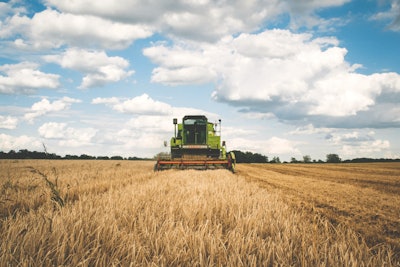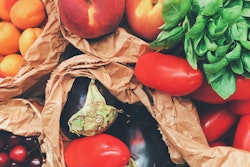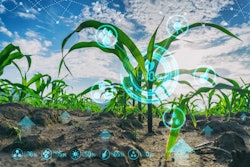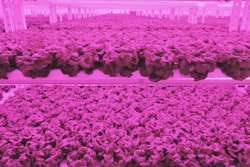
A group of forward-looking farmers, conservationists, land owners, managers and investors are launching Leading Harvest, an agriculture sustainability venture providing the first scalable, industry-wide solution to urgent issues facing us -- from climate change and biodiversity, to the resilience of our croplands and communities.
Farmers and the supply chain for too long have had to manage a complex landscape of sustainability platforms, each using different data tools, metrics and scorecards to address a single crop, issue area, or stakeholder interest. Instead of improving outcomes, this approach has both discouraged participation in critical sustainability efforts and underperformed consumer expectations for tangible assurances of proper stewardship of our agricultural lands.
Leading Harvest resolves this stubborn barrier to sustainability with a universal standard that can be applied across all crops and geographies while addressing a uniquely broad spectrum of societal interests. Developed with growers and agricultural experts with deep experience in the practical realities of farming, this ground-up approach sets the stage for widespread adoption across our agricultural landscape.
“We at Leading Harvest recognize that the outcomes we care most about – clean air and water, climate, and resilient communities – are consistent, whether we are looking at a bushel of corn from Iowa or at wine grapes from California,” says board member Larry Selzer, President and CEO of The Conservation Fund. “That’s why the Leading Harvest standard is outcomes-based. That means that while we establish the benchmarks, farmers are empowered to design their own plan on how best to meet them, given their unique geography and operating environment.”
This flexible, farmer-first approach encourages innovation and new operational efficiencies that can be adapted one crop row to the next, or one farm field to another.
It’s what allows for mass participation and scale – and why Leading Harvest is launching with over two million farmland acres committed to being enrolled.
“Leading Harvest’s inaugural board members and participating farmers know that with meaningful and measurable sustainability practices, the United States agricultural sector will rise to the challenge to ensure food security and environmental benefits,” says board member Ray Gaesser, a corn and soybean farmer from Corning, Iowa, and the former president of the American Soybean Association (ASA). “This innovative effort establishes a rigorous and holistic process that actively engages farmers in forging practices to guarantee the health of both our agricultural land and the broader environment in which we all live.”
To ensure that required outcomes are being met, Leading Harvest requires that independent, third-party experts audit producer performance in all aspects of the standard, ranging from soil health, energy use, air quality and water management, to reducing impacts on climate change, and comply with applicable labor laws and regulations. Summary audit reports are made public for all entities that make public claims regarding their certification status.
“The independent, transparent auditing process provides assurance to consumers and the supply chain that producers are taking cutting-edge steps to increase sustainability and ensure the viability of our farmlands for generations to come,” says Matt Armstrong, sustainability advisor and lead auditor at K-Coe Isom.
With consumer attention focused more than ever on where our food comes from and how its produced, the stakes couldn’t be higher. Half of our planet’s habitable land is used for agriculture, producing enough food to feed 10 billion people. Leading Harvest offers producers a comprehensive program for driving best practices and assuring consumers and the supply chain of their commitment to long-term sustainability.

















